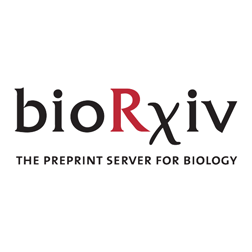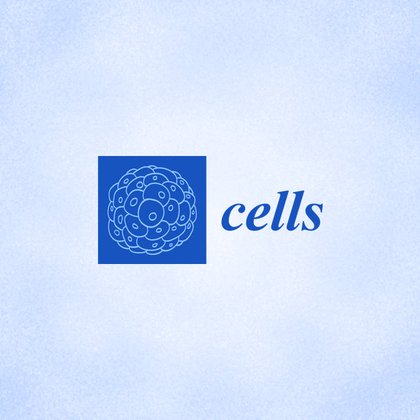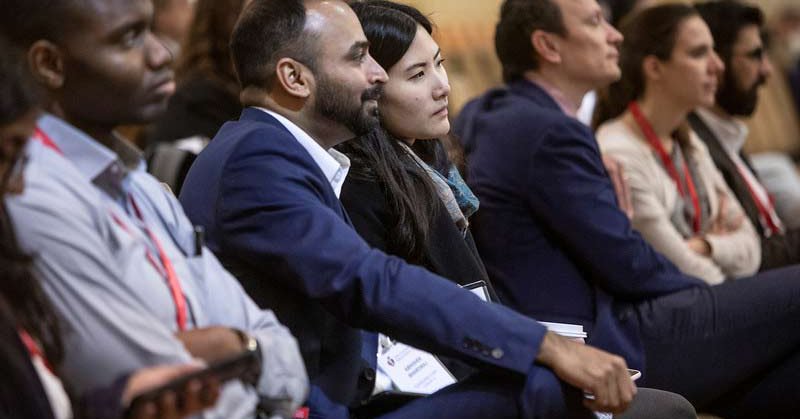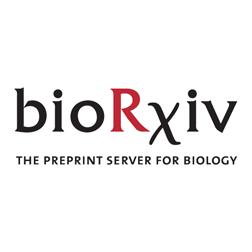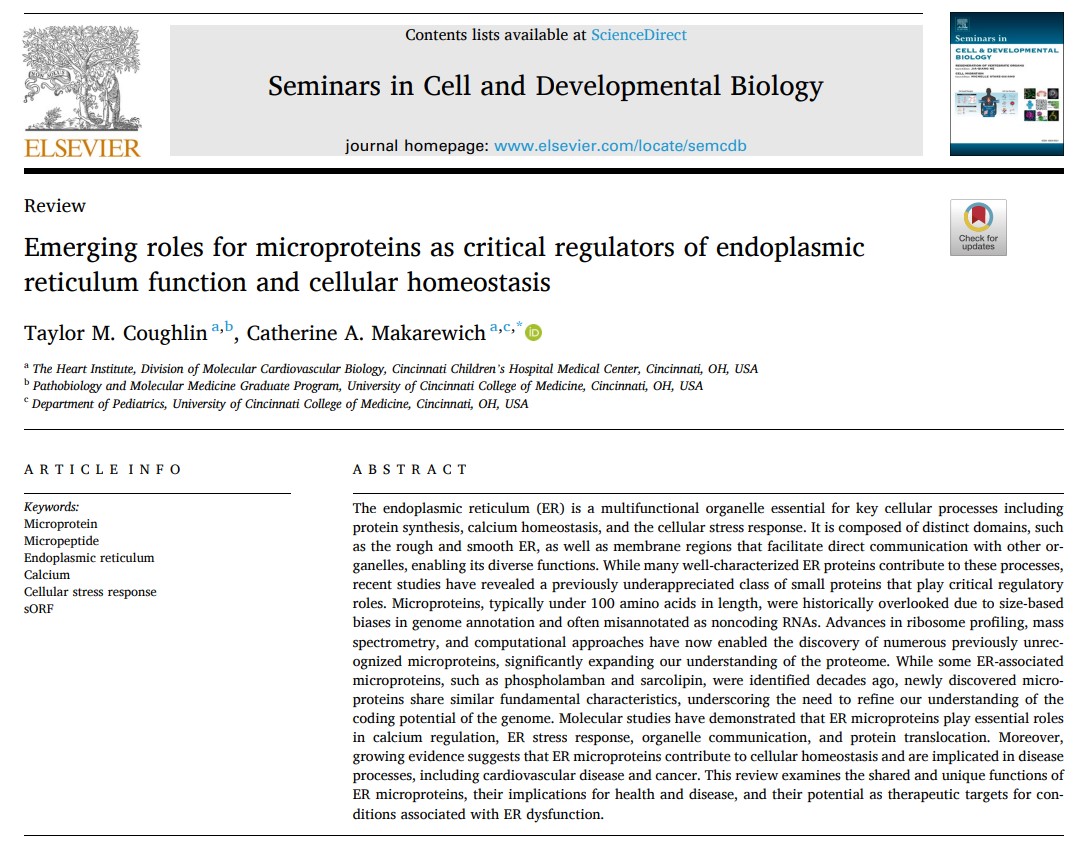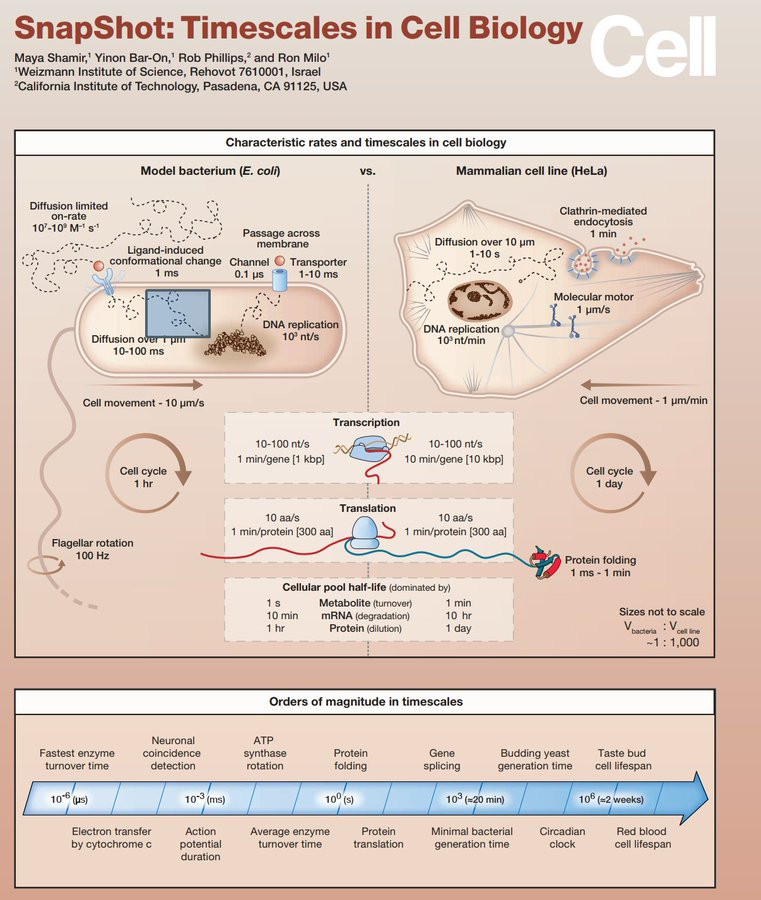
Cat Mak
@CatMak23
Followers
1K
Following
4K
Media
73
Statuses
2K
🚨🚨Looking forward to this ISHR MCI Webinar in September! Register now so you don't miss out🔗👇🏼: .
0
7
20
This morning at #BCVS25, undergraduates took part in a hands-on CPR class building lifesaving skills alongside their scientific training 🫀💪🏼 Many thanks to @BCVSearlyCareer and @American_Heart for supporting this initiative 👏🏼
0
2
11
RT @MitoPsychoBio: Some of what makes each of us unique is likely to be expressed in mitochondria. Discussion on a new paper here:. https://….
0
46
0
Kicked off #BCVS25 with a wonderful networking dinner with undergraduate students from summer programs across the country❣️ Looking forward to an exciting week of science with @American_Heart and @BCVSearlyCareer 🤩
1
10
47
RT @Mayr_Christine: More than 2700 3′UTRs are highly conserved. These 3′UTRs are essential components in mRNA templates, as their deletion….
biorxiv.org
More than 2,700 human mRNA 3′UTRs have hundreds of highly conserved (HC) nucleotides, but their biological roles are unclear. Here, we show that mRNAs with HC 3′UTRs mostly encode proteins with long...
0
79
0
RT @S_HamiltonLab: 📢 We are looking for a driven junior postdoc to join our group! If you have research experience in cardiovascular physio….
0
20
0
We escaped!🧩🔑Challenge conquered thanks to solid teamwork 👏🏼 Always fun to see our lab skills put to the test in a unique way🧠🤓 @aarongibson55 @Taylor_coughlin @OmarBritoStrada @joseph_verry @cariswaddinglee @olivia_gittens1 Mike Kamradt, Martin Lopez-Isidro & Emma Linkugel
0
1
15
RT @Holab_DukeNUS: Exciting opportunity for researchers passionate about #mitochondria. Join us at @dukenus to explore mitochondrial #micro….
nature.com
Uncovering and exploting the mini-proteome of Microproteins : From Discovery to Therapeutic Applications in Metabolic Disease
0
4
0
Yesterday we celebrated @YutzeyLab 's upcoming retirement from @CincyKidsHeart 🎉 We are beyond grateful for her unwavering dedication, mentorship & service over the years. She will be deeply missed and leaves behind a legacy of science & friendship 🫀🧬🔬 Yutzey out✌️🏼
1
1
25
🚨 New review alert! #MakLab postdoc @cariswaddinglee explores the emerging roles of #microproteins in metabolism, signaling, and disease. Small peptides, big impact! 🧬⚡️. Check it out here 👇🏼.
mdpi.com
Metabolism is a complex network of biochemical pathways that break down macromolecules to produce energy essential for cellular function. Disruptions in metabolic homeostasis are closely linked to...
1
2
28
RT @JonPHeart: Missed the deadline? Plot twist: You didn't!.Deadlines extended! 🗓️. #AHA25 & #ReSS25 abstracts now due 6/9 at 10am ET. Awar….
professional.heart.org
Join us for #ReSS25, in beautiful New Orleans, Louisiana, this November 8–9, 2025, for the most impactful and practice-changing resuscitation science of the year.
0
15
0
RT @JohannesBacks: Maarten van den Hoogenhof found a specific way to improve cardiac function in RBM20 cardiomyopathy. CAMK2 inhibition mig….
biorxiv.org
Although heart disease can arise from different etiologies, current treatment is not tailored to the different underlying causes but is rather a one-size-fits-all approach. Importantly, not all...
0
13
0
RT @MitoPsychoBio: Grateful to work with so many talented and passionate people to build the foundation for how we think about mitochondria….
scientificamerican.com
When these energy-giving organelles thrive, so do we
0
74
0
RT @BCVSearlyCareer: 🚨 Calling all #EarlyCareer scientists!.🔬 Want to dive into cutting-edge –omics research?.Join top experts from @UCSanD….
0
17
0
🚨New review out in Seminars in Cell & Dev Biol written by rockstar PhD student @Taylor_coughlin👏🏼.We explore the emerging roles of ER #microproteins in Ca2+ signaling, organelle crosstalk & disease. Small but mighty 💪🏼 & full of therapeutic potential🧬👩🏼🔬.
0
4
27
Cool new study from @KajimuraLab showing ALN acts as a molecular “resistor” to SERCA2b calcium transport, driving UCP1-independent thermogenesis and helping regulate energy balance in adipose tissue 🔥.
Adipose tissue generates heat even in the absence of UCP1. How does it work? Our new work identifies a molecular “resistor” of Ca2+ cycling that makes heat and controls energy metabolism through a UCP1-independent mechanism.
0
0
1






